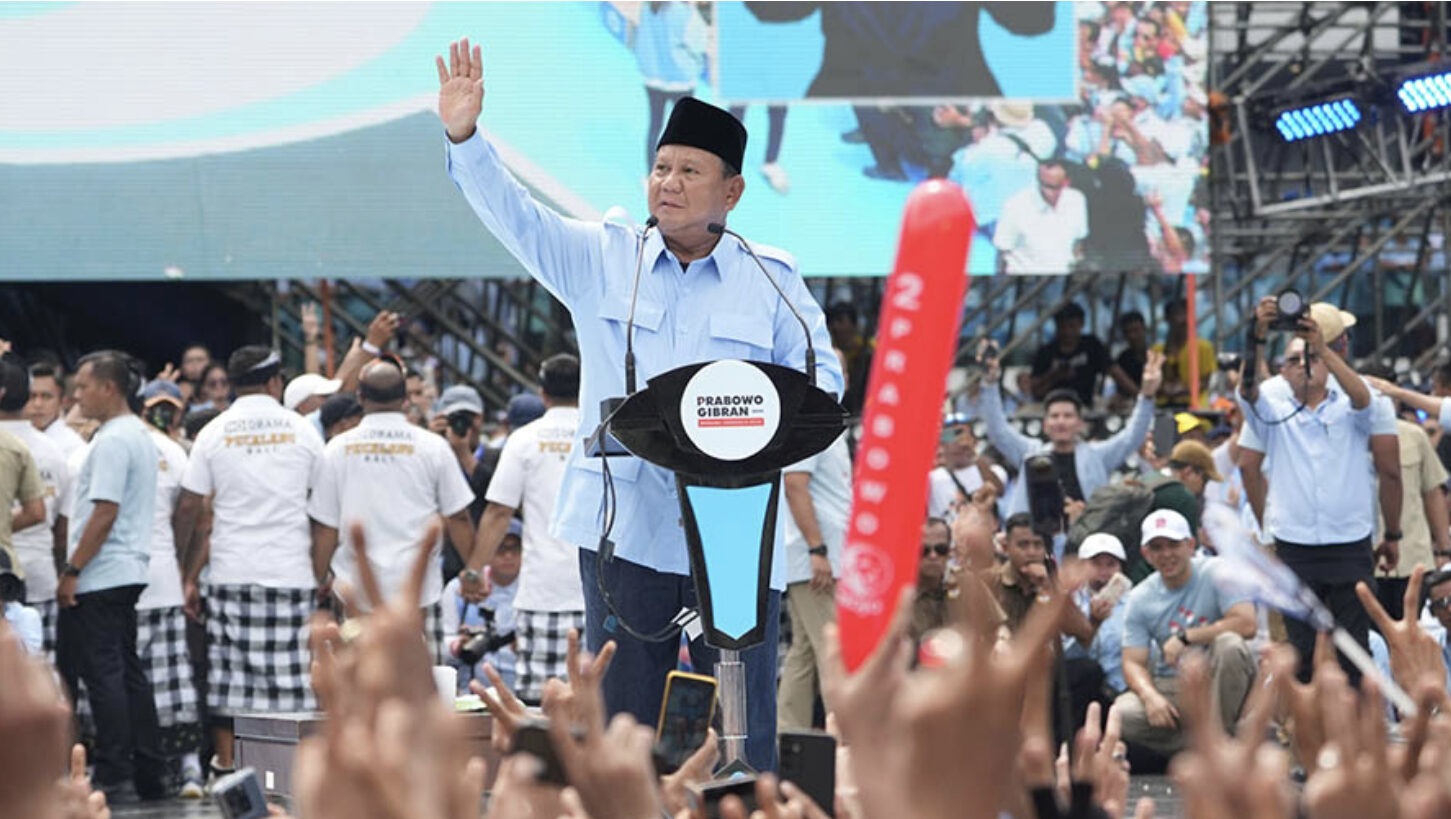Islamic group wants industrial action clause deleted.
AN INFLUENTIAL Islamic group has called on legislators deliberating a controversial manpower Bill to back the right of Indonesian workers to go on strike.
The Association of Indonesian Muslim Intellectuals (ICMI) said in a proposal for altering the Bill that workers had the right to strike and demanded the deletion of a clause which seeks to regulate such forms of industrial action.
“Workers should be allowed to strike. We should guarantee them this right,” said Mr Sayuti Hasibuan, who led an ICMI team to study the Bill and draw up a list of alterations.
He told The Straits Times yesterday that his group had come up with an alternative set of proposals because it was not happy with various articles in the existing Bill.
“We feel that there are certain aspects of the Bill which need to be looked into,” he said.
The ICMI’s proposed changes were submitted to the Indonesian House of Representatives and the leaders of the country’s three political parties earlier this week.
News reports yesterday said that the ICMI chairman, Dr B. J. Habibie, would be presenting the association’s proposals to President Suharto and Vice-President Try Sutrisno. The ICMI was particularly critical of a clause in the present Bill which stipulates that workers must submit written notification of a plan to strike three days in advance.
But Mr Sayuti said that while the ICMI supported the right of workers to strike, it should only be done as a last resort if dispute-settlement talks failed.
On this point, the association also suggested that the Parliament drop eight other articles stipulating that labour disputes be brought to the yet-to-be-formed Council for the Settlement of Industrial Disputes.
ICMI expert Erman Rajagukguk said last month that the Bill’s stipulation on settling disputes was redundant as Indonesia already had institutions which brought workers, employers and the government together to settle labour disagreements.
The association proposed that industrial-relations disputes be settled through mediation, arbitration or through the court when workers’ “normative rights” were violated.
Indonesia uses the term “normative rights” for matters such as minimum wages.
At the same time, the Islamic group suggested that a special chapter on migrant workers be added to the Bill.
It is predicted that by the year 2000, 2.5 million Indonesians will work abroad, mostly in Malaysia and Saudi Arabia.
The ICMI also proposed worker benefits, which were not covered in the manpower Bill. These include items like meal, family, medical, transportation, housing and holiday allowances.
The Islamic group was set up in late 1990 to unify Indonesian Muslims and improve their economic well-being, as well as to ensure that Islamic values are reflected in government policy.
It has more than 42,000 members, including non-governmental Muslim leaders and long-serving Cabinet ministers.

